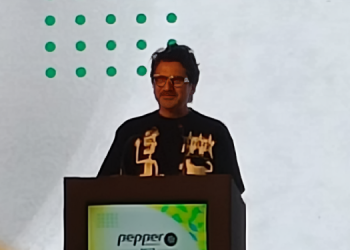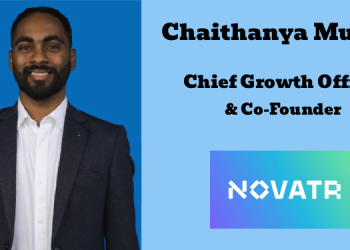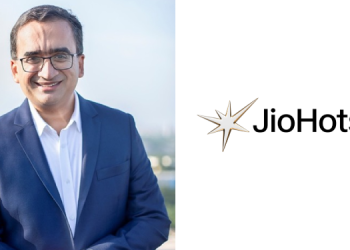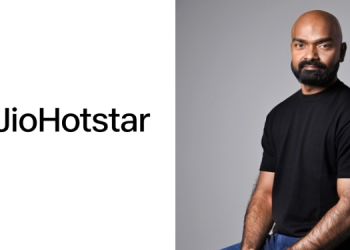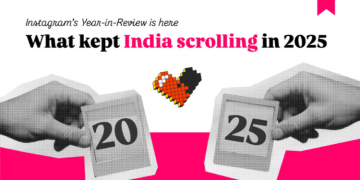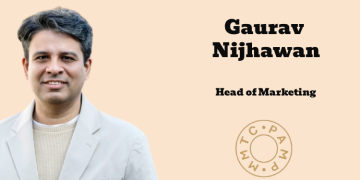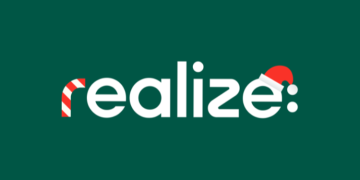You have been with Godrej Appliances for over 17 years and heading marketing since 2015. How have you seen marketing for appliances, which targets multiple cohorts, evolve?
The single biggest shift from then to now, from a shopper journey perspective, has been the role digital plays in the shopper journey. Starting from the pre-purchase piece, where the customer is still thinking and evaluating whether or not to buy a product and which segment or new category they want to get into; from category education, moving to features to be looked into, there is so much education that’s happening through digital alone, before the customers steps onto the shop floor.
Within digital, over the last couple of years, we see that e-commerce almost plays the role of a search engine. The shopper journey can start at different points and with influxes of different mediums within digital. That has been a game changer – how brands invest and where they will talk to consumers.
It plays out even on the shop floor. There is a percentage of people coming with a fixed plan in mind versus people who research and have a bucket of brands in their mind versus people who are open to making decisions on the shop floor. At least in large appliances, more than 85 pc of conversion continues to happen offline and not online. Online is huge and plays a big role in the shopper journey; however a bulk of decision making or moment of truth is still offline.
In the durables sector you can’t afford to skip anything. You have to focus on all touch points because it’s a longer decision-making journey. It is not an impulse category; it is a rational thought-through category. It is both an opportunity and responsibility for marketers to engage, educate, and get into consideration at every touch point which finally converts on the shop floor.
Godrej Appliances has a vast portfolio. How is it bucketed (kitchen appliances, ACs etc.)? Which are the largest contributors to sales? Which is the fastest growing?
Our core has always been refrigeration. We started with refrigerators from 1958. However, over the period, we have added many categories to our portfolio. We have air conditioners, refrigerators, freezers, microwave ovens, dish washers, medical refrigerators, air coolers, washing machines etc. The dynamics have changed a lot, yet refrigerators continue to be an important category for us.
The fastest growing category is air conditioners. We had phenomenal growth in the category this season as well. We see a lot of potential there.
Currently it would be 40 pc refrigerators and about upwards of 20 pc would be air conditioners, over 15 pc would be washing machines.
How is overall share of online sales growing? Which are the online channels driving growth?
For appliances, it is the multi-brand aggregator platforms that are our growth drivers. The same is witnessed even offline. When a customer wants to buy an appliance, they typically want to (especially in larger cities) explore all the options available, compare reviews and make a purchase. Therefore, multi-brand tends to play a bigger role, which is the same online and offline.
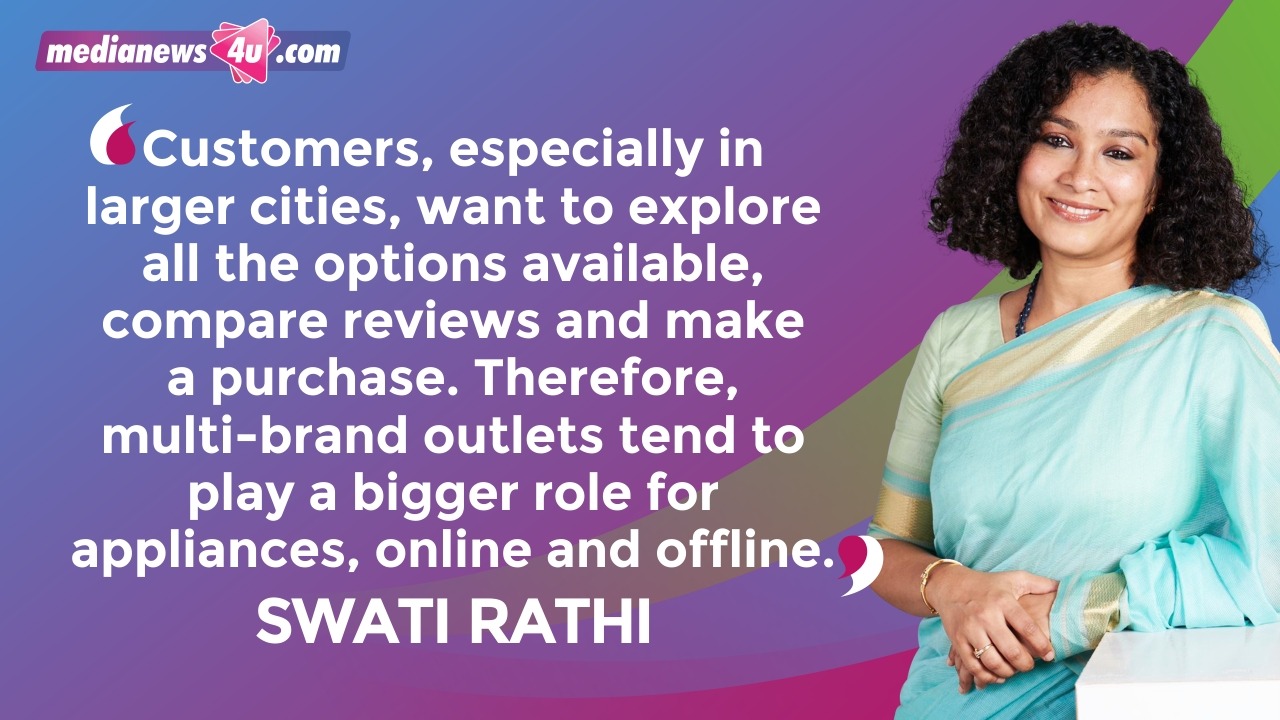
Coming to offline, you have emphasised EBOs (135 in smaller cities and towns) and also underlined the importance of smaller retailers. How many EBOs are there in metros vs tier 2, 3, 4? How much do they contribute to sales?
EBOs contribute 5 pc of our total revenue. We do not operate by choice in metros. We are deliberately focusing on tier 2,3, 4 cities, which is a strategic call that’s very rational. Consumers in smaller towns are the ones who want a better experience because that’s not widely available today. We have a big portfolio in terms of high-end and huge varieties of mass products. In a largely distribution-centred market it becomes difficult to showcase that portfolio to the consumers. The affordability is there, thanks to finance and the growing economic affordability. Consumers are willing to step into an exclusive store and go through the entire journey. That’s why, opening an EBO in these towns makes a lot more business sense for us than to open it in a metro which is anyway saturated with multi-brand outlets.
The current number of EBOs would be approximately 140.
What is the EBO expansion plan?
The focus and the strategy will remain the same. We will continue to focus on tier 2,3,4. It is not something that has an aggressive number target. In terms of revenue we want to up it to about 5 to 6 pc.
What is the brand’s MBO and small retail store presence? How much does each contribute to sales?
We would rather call it large format stores versus the distribution to differentiate. The large format stores have been growing in terms of their overall share of sales. The distribution market has been seeing a lot of flux and consolidation. Right now we would be at less than 50 pc when it comes to distribution and 35 pc odd towards large format, rest would be e-commerce, institutional selling, direct selling etc.
Godrej Appliances onboarded Ayushmann Khurrana in 2022. The most recent leak-proof ACs campaign touched a pain point shared by 85pc consumers, you have said. How has the response been? Did you see an uptick in queries/sales?
The last campaign we did with Ayushmann Khurrana was on anti-leak ACs. It is an innovation as it is a category first. We have actually been elated with the response we got. The AC category itself has seen 3x sales compared to last year. All the anti-leak ACs produced have been sold out. It has been a successful campaign.
It was kind of given – when we are tapping into a need in the market and it has been resolved with the product offering, you will expect the consumers to respond. Every time we pitch the product to the consumer, they all come back very positively. It revalidates our efforts into understanding the real pain points of consumers.
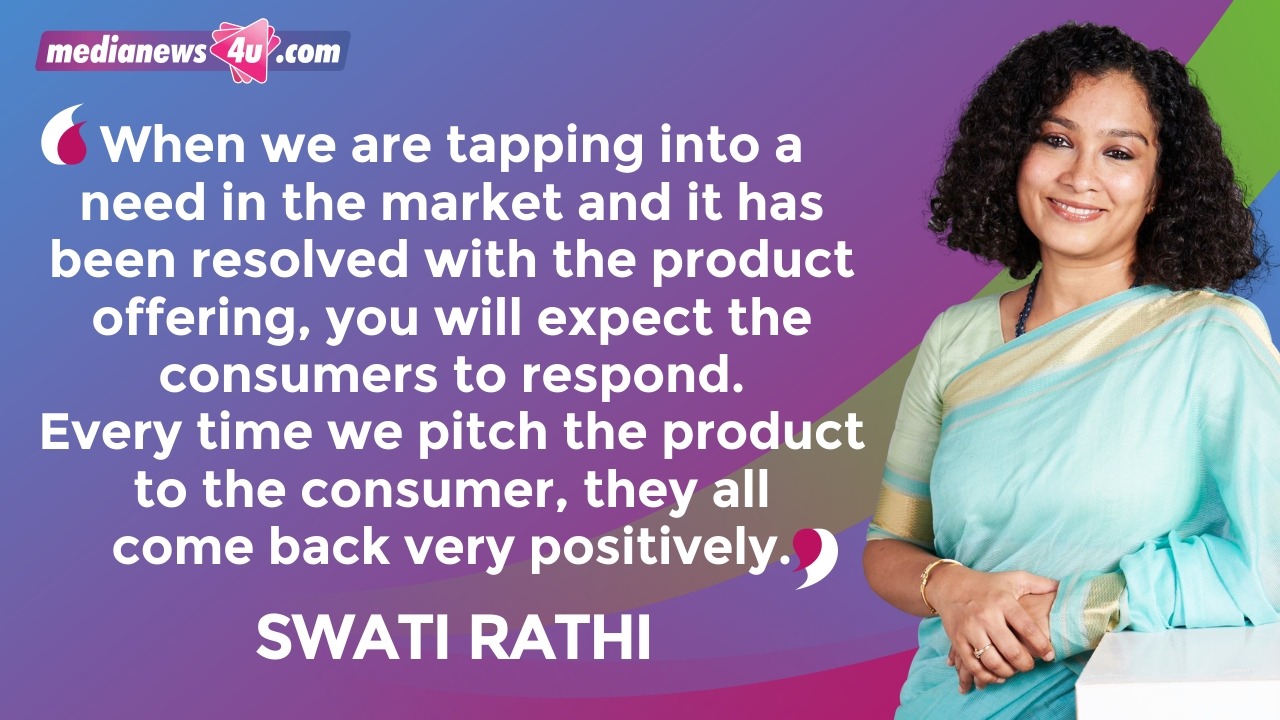
Among home appliances, you have disinfecting appliances. How is the product performance post Covid?
It was a pandemic-centred product. We haven’t really seen an uptick since then. While the offering is available and we are capable of delivering the same, it is not something which we are actively pushing or our consumers are actively buying.
Is there a seasonal spike observed for appliances in the festive season? What are the plans and expectations this year?
Festive does see a spike. But the window of festive spikes is getting narrower. Consumers tend to migrate towards more premium consumption, and sales in premium categories tends to even out further. Given all of that, there will always be both pull and push-led strategies towards festive. The summer is a much bigger spike and more seasonality skewed period for the industry.
There will be consumer offers because they do look out for those offers. In general, finance, cash back, external warranty, extra schemes and offers – these are the things that get offered in the festive season. The Onam offers are already being rolled out. In terms of campaigns, for Onam we are focused on digital and shop floor.
What is the salience of the mother brand in consumer choice when it comes to appliances? Is international still associated with premium?
There are pockets in the country where international and premium tend to go hand in hand. But I think that there has been a shift in that dimension. A lot of younger audiences are quite ambivalent about whether it is international. If they see value, they are happy to go with a Made in India product. I believe it is the responsibility of the brand to ensure that you give people products that they see merit in and then the customer support follows.
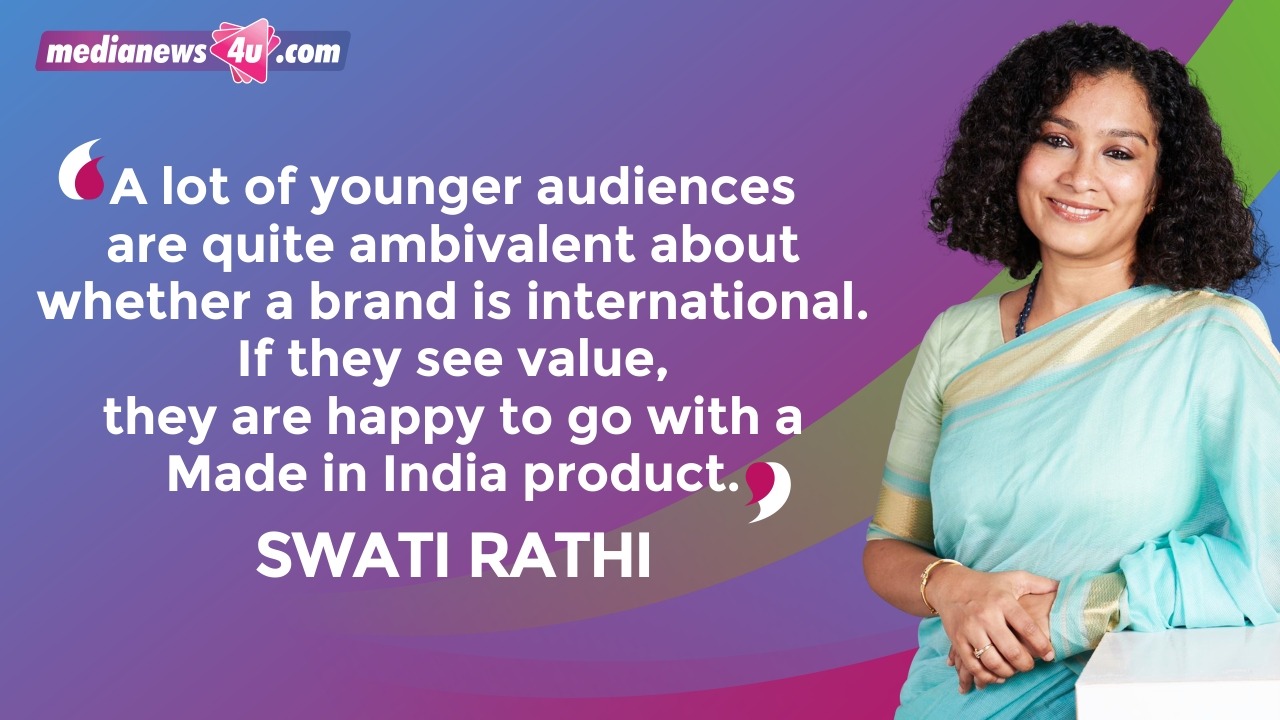
Say five years back to now, how has the media mix changed?
The most important shift again would be digital. For Godrej Appliances, eight years back digital wasn’t part of the media mix and five years back, digital was more campaign specific. Today digital is an imperative part. Within digital there are many bifurcations where the investments are getting split. The media mix has definitely changed and a big part of it is flowing into digital today.
Is print still relevant for appliances? If yes, in which categories?
One cannot say that print is irrelevant. Print is definitely relevant, but the choice of which medium depends on the objective for a particular model or category or any new launch. It is not category-led. It could vary geographically. If something is tactical, and something needs repeated hammering in terms of product education, print can play a role. In certain markets like South, certain places in West, it continues to be a dominant medium. The medium needs to reinvent itself.
Within digital, what are the trends you see in influencer marketing and social media? What is the share of influencer marketing for Godrej Appliances?
We don’t set out with an earmarked budget saying this is for influencer marketing. It is category and task led – for a particular category or product, we may feel that influencers can help with their pitch or review, for example products like microwave oven, dishwashers etc. Right now, we are doing a lot of influencer marketing for refrigerators which is an age-old category. It is about higher order imagery building and freshness as a constraint. Influencer marketing is here to stay.
(First published by The Free Press Journal BrandSutra. Content powered by MediaNews4u.com. Feedback: [email protected])


